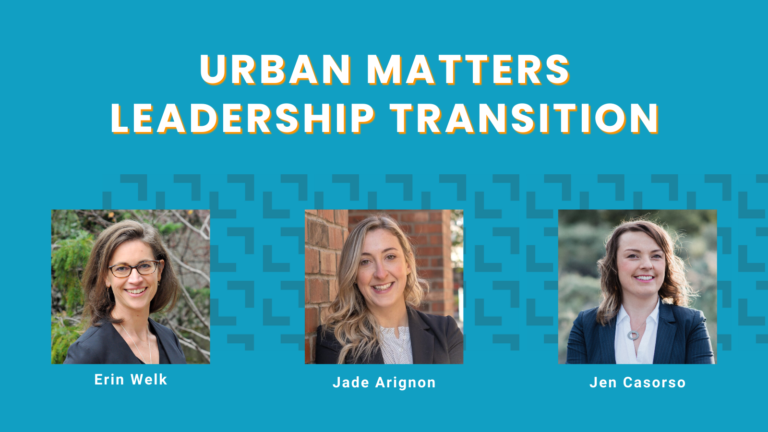1 February 2018
Seed Funds – Scary Territory or an Opportunity for Impact?
This is post #1 in a series as we explore a number of different social finance tools and how they work in different contexts.
Seed Funds: what they are and how they work
Seed funds are set up by investors or fund managers who wish to create a pool of start-up or early stage investment opportunities. Although these have existed for many years, especially around the tech industry, specialized seed funds with a focus on social impact are now also being operated around the world.
Due to the high failure rate of new companies, these funds attempt to mitigate against that by pooling a number of early stage investments into one fund so that losses from one investment can be offset by gains on others.
Size and form
The investments inside a seed fund are held as equity/shares in the ventures (similar to the mutual funds familiar to retail investors. Depending on the purpose for which they were founded, some seed funds may be managed by private investors or organizations for their own benefits and purposes, while others are built to attract outside investors.
Each individual investment made by a seed fund carries significant cost to the fund. Employees or contractors of the fund have to identify potential investments, research them, and run them through a checklist to determine whether they meet the criteria of: growth potential, financial soundness, the nature of the business being conducted, the quality of management, tax compliance and other legislative requirements, etc.
Potential investments must also be subjected to scrutiny by accounting and audit professionals, and legal expertise must also be brought in. This process is collectively known as conducting ‘due diligence’, and can be very costly.
Once that process is complete, the seed fund must closely monitor the performance of any companies they invest in, and depending on their legal structure and which jurisdiction they operate in, there are also very specific requirements on the reporting that must be generated for investors.
Because of the high costs of due diligence, monitoring, and reporting, seed funds have a minimum investment size. This can vary based on the motivation of the investors and the industry they are focused on, but most of them look for minimums of $500,000 to $1,000,000 per deal and higher.
With increasing numbers of impact investors using seed funds to manage a portfolio of early stage investments, the form of these funds is also becoming more innovative. Some of them allow for smaller deal sizes to attract earlier stage ventures, and some take bigger chances by reducing the amount of due diligence conducted. These concessions are made in order to find a way to gain the social impact that they hope to gain from their investment activities.
Failure Rates & Supporting Environments
Much has been written about the reasons for the high failure rate of new businesses, for example this article in Inc. Magazine.
Many lists like this one, cite lack of funding but that is only one of the factors alongside gaps in core business skills. A poorly developed strategy, lack of marketing acumen, sloppy bookkeeping and management of expenses, and other core business skills that a founder fails to hold or bring in through strategic hiring choices. Many of these causes for failure happen because the founder becomes too focused on a single element of the business but neglects to manage the rest.
A good supporting environment can allow founders of new ventures to overcome this issue. The old African proverb seems quite applicable here:
Founders too often score some early wins. They find some initial growth capital, and then follow the course of Icarus in Greek mythology who flames out after flying too high and too fast after ignoring cautionary advice (but don’t get us wrong, we love this kind of ambition)!
With a bit of help, there is no reason to think that these founders and social entrepreneurs will be forced to move slowly or go at it alone. By combining solid business support with access to growth capital through a tool such as a seed fund, excellent market-based solutions to social problems can be taken to scale quickly (this is obviously something that we think about a lot at Urban Matters in connection with our incubation efforts).
Seed Funds – Accelerator Partnerships
So, you’re probably wondering: do good examples of partnerships between seed funds and accelerators exist? And has this been done in the social finance and impact space?
The short answer is yes! And it’s becoming more common. This is also an area Urban Matters is actively exploring as we continue to refine our business model.
Here are three good examples of partnerships between seed funds and supportive environments for early-stage venture :
Global Social Benefit Incubator
The Missing Link
We strive to create social change. We see an opportunity to drive social innovation by closing some of the gaps below the minimum deal size of $500,000. Because of the high costs to manage, smaller deals with high social impact potential are often not economically viable for investors. A role can be played here by social enterprises, non-profits, and partnerships with government.
There are also many other solutions in the social finance toolbox for smaller investment sizes, as well as some possibility to pick from some structures of for-profit seed funds and combine this with more flexible underwriting and investment types other than traditional equity investing. At Urban Matters we are actively researching these innovations and seeking new ways of creating ideal supportive environments that will stimulate the social entrepreneurship that will help drive solutions to Canada’s entrenched social problems.
Stay posted for more future posts on how other social finance tools can help address this need.
This article was written by our Social Finance Lead, Jerome Lengkeek. He helps improve the financial sustainability and impact of the social enterprises that are part of our incubation family. As a member of Urban Matters’ team of community social innovation specialists, Jerome is available as a resource to help other community impact organizations achieve some of these same objectives. Have a question, or want to talk to us more about social finance, Jerome would love to hear from you. You can reach him at jlengkeek@urbanmatters.ca.




